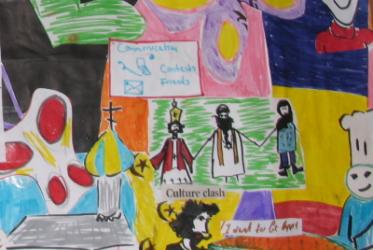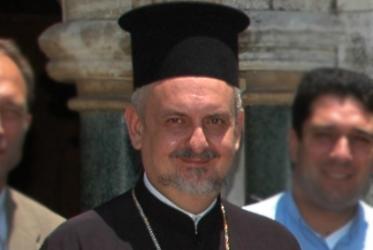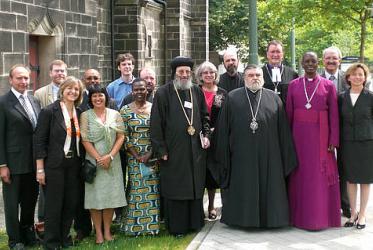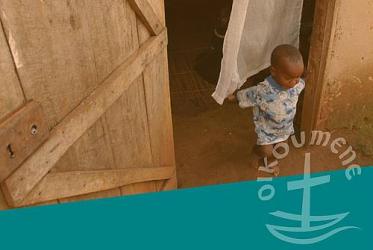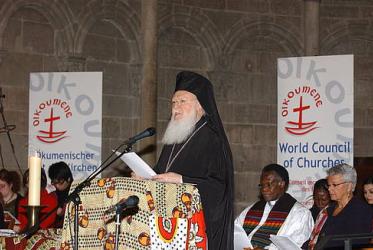The four newest titles in the WCC's "Risk Series" of books were introduced at a session with the authors Monday afternoon. Two of the four are by Zimbabwean author Ezra Chitando, looking at the HIV/AIDS issue in the African context. Chitando used body imagery to describe the call of the church to bring about transformation. Churches, he said, need to have sharp minds, ears to listen to the cries of the marginalized, warm hearts, healing hands, long arms, and quick feet. "Churches can only be relevant if they are bearers of hope, ambassadors of hope", he said. He emphasized that HIV/AIDS is a global problem, not just an African one. "We need to mobilise the entire global community", Chitando said. His books are titled "Living with Hope" and "Acting with Hope". The other two new books in the series are "Resisting the Intolerable", by Geneviève Jacques, which addresses the importance of human rights, and "With Hearts, Hands and Voices" by Margot Käßmann, examining "spirituality for everyday life".
18 February 2008
